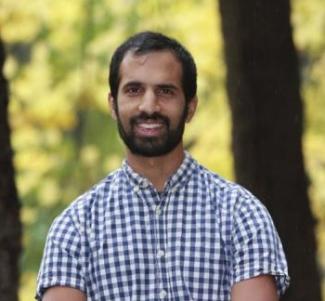In March, investigators from Action on Sepsis were collectively awarded over $2M from Canadian federal granting agencies as part of the Canadian 2019 Novel Coronavirus (COVID-19) Rapid Research Funding Opportunity. With this funding, our members will use their clinical and research expertise in infectious diseases, critical care medicine, public health, informatics, and digital health platforms to tackle a new global challenge: the COVID-19 pandemic.
Dr Srinivas Murthy (BC Children’s Hospital) is leading a nationwide clinical study of hospitalized patients who are infected with COVID-19, in order to help clinicians understand and better manage the infection. This includes a randomized clinical trial to evaluate the use of antivirals in treating COVID-19 infections. He will be working closely with over 30 local and global collaborators, including Dr Manish Sadarangani (Vaccine Evaluation Centre) and the World Health Organization (WHO). The results from the study will inform the WHO’s clinical guidelines for managing COVID-19.
Dr Murthy is also part of a team evaluating public knowledge and perception of COVID-19, led by Dr Jeanna Parsons Leigh from Dalhousie University. They will use the results of the study to develop a knowledge translation strategy for educating and engaging the public and strengthening public understanding of the impacts of COVID-19 on individuals and communities.
Dr James Russell (St Paul’s Hospital) is leading a clinical trial to evaluate whether angiotensin receptor blockers (ARBs), a class of drugs currently used to treat hypertension, can be repurposed to reduce the severity of COVID-19 infections. ARBs have previously been shown to prevent lung injury in influenza, but their effect on coronaviruses are unknown. If successful, treatment with ARBs could complement the use of anti-virals and reduce complications and death from COVID-19.
Dr Richard Lester (School of Population and Public Health) is investigating the role of digital health platforms in managing COVID-19. This will include evaluating the role of WelTel, a mobile health platform, to contact with and support COVID-19 patients. In addition, he will explore how platforms such as WelTel can be securely integrated into existing electronic health records or health information management systems, and how the data collected by these systems can be used to improve future public health precision approaches.
For more details, visit CIHR’s website.



